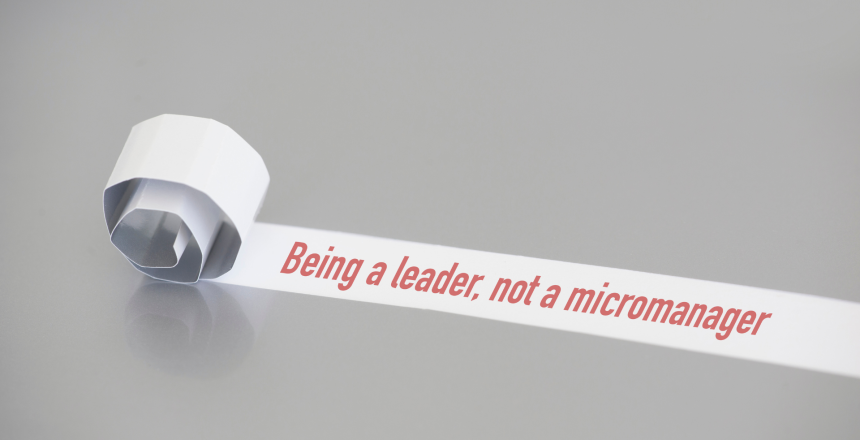Micromanagement is a management style where a boss closely supervises or controls the work of their subordinates. This approach is characterized by excessive control, frequent check-ins, and the inability to delegate tasks effectively. While micromanagement can provide a sense of security for some bosses, it can have significant negative effects on employees, including decreased morale, reduced job satisfaction, and decreased productivity.
Why Employers Micromanage
There are a variety of reasons why employers may resort to micromanagement, including:
- Lack of trust: One of the biggest reasons why bosses micromanage is because they don’t trust their employees to do the job correctly. They may worry about the quality of work produced or fear that deadlines won’t be met.
- Fear of failure: Micromanaging bosses may be afraid of being held responsible for the mistakes of their employees. They may feel that by controlling every aspect of the work process, they can minimize the chances of things going wrong.
- Inexperience: Some bosses may be new to management and lack the experience and confidence to delegate effectively. They may be unsure of how to assess the skills and capabilities of their employees and feel more comfortable taking control.
- Need for control: Some bosses may simply have a need to be in control of every aspect of their work environment. This need for control can be driven by a desire to be seen as the “expert” or to have a sense of accomplishment from completing tasks themselves.
Effects of Micromanagement on Employees
While micromanagement can provide a sense of security for some bosses, it can have serious negative effects on employees. Some of the most common effects of micromanagement include:
- Decreased morale: When employees are constantly being monitored and their decisions are being second-guessed, it can lead to a decrease in morale and motivation. They may feel that their work is not valued or that their opinions don’t matter.
- Reduced job satisfaction: Employees who are micromanaged may feel frustrated and stressed, leading to reduced job satisfaction. This can result in higher turnover rates and a decrease in employee engagement.
- Decreased productivity: When employees are being micromanaged, they may feel like they are not trusted to do their job effectively. This can lead to decreased motivation and a decrease in overall productivity.
- Decreased creativity: When employees are constantly being told what to do and how to do it, they may feel stifled and unable to think creatively. This can lead to a decrease in innovation and problem-solving skills.
Advice for Employers
To avoid the negative effects of micromanagement, employers should take steps to delegate effectively and create a supportive work environment for their employees. Here are some tips for employers:
- Establish clear expectations: Before delegating tasks, it’s important to establish clear expectations for what you want to achieve. This can help to ensure that employees are able to understand what is expected of them and to complete tasks effectively.
- Provide training and support: Employees need the right tools and resources to complete their work effectively. Make sure that your employees have the training and support they need to succeed.
- Foster trust: Trust is a key factor in effective delegation. Take steps to build trust with your employees, and provide opportunities for them to prove their capabilities.
- Encourage autonomy: Give employees the freedom to complete tasks in their own way, and allow them to make decisions on their own. This can help to increase their motivation and job satisfaction.
- Provide regular feedback: Regular feedback is important for employee development and can help to build trust between the employer and employee. Regular feedback can also help employees to understand what is expected of them and to improve their performance. Employers should provide both positive and constructive feedback, and make sure that feedback is specific, timely, and actionable. By providing regular feedback, employers can help to create a supportive work environment and to promote employee engagement and job satisfaction.
Conclusion
In conclusion, micromanagement is a management style that can have significant negative effects on employees. It can lead to decreased morale, reduced job satisfaction, and decreased productivity. Employers should strive to delegate effectively, establish clear expectations, provide training and support, foster trust, encourage autonomy, and provide regular feedback. By avoiding micromanagement and creating a supportive work environment, employers can help to promote employee engagement, motivation, and overall job satisfaction.
